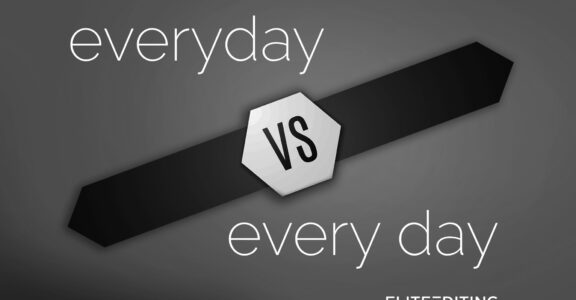Start a blog.
Update early and often. Do a countdown to your release date. Tell users what’s going on, and make them feel connected to you and your process. Establishing a connection to potential readers early on is incredibly important; those who start following you from the beginning will feel a sense of loyalty toward you and your work—and this type of loyalty can go very far among online communities. Your followers might just end up being your best marketers.
Create a page on LinkedIn.
By now you’ve been told to go on Facebook and Twitter, but most authors overlook LinkedIn, which is in itself a powerful marketing tool. LinkedIn has tremendous clout with search engines like Google, so it offers you—and your book—a broader online presence. Like other social networking sites, LinkedIn gives you the chance to reach out to colleagues, friends, and coworkers, but unlike sites like Facebook, this one is considered a professional resource. Therefore, if your friend or colleague passes on your profile to others via LinkedIn, it will be taken as a serious recommendation. Bottom line: this can open doors to literary agents, marketing companies, even publishing houses…the possibilities are seemingly endless when you really start to expand your network.
Stumble, Digg, Be Delicious.
Social Bookmarking sites are widely used in marketing campaigns, and there’s a reason! When you create a bookmark (i.e., submit a site of interest for others to browse) and it gains momentum on one of these sites, the number of people it will be exposed to can quickly grow from a handful to several thousand, depending on its path and the response it receives.
Here’s a shortlist of social bookmarking and social networking sites authors should get acquainted with:
Go on a virtual book tour.
Get the word out about your book online. It won’t cost a thing, and you’ll never have to leave the house. A few weeks before your book is set to be released, make yourself available to bloggers and writing communities for interviews, podcasts, and the like. If you don’t already have these contacts in place, start by doing a simple search and making a list of sites to reach out to. Generating buzz among specific niche communities is especially important, so think about your audience, and focus in on your readers and where they might be congregating online. And if you feel you need to offer an incentive in order to score an interview, suggest a traffic exchange. This can be in several forms: adding an affiliate link from your site or blog, or even writing a blog entry about the interviewer’s site to promote that person.
Create an online media kit.
A media kit is a tool no author should be without in his or her arsenal. A media kit should include a hi-res image of your book’s cover art and author photo, a synopsis of the book, a biography of the author, a link to the author’s site (or blog), and any other pertinent information. This should be available in downloadable (PDF) form on your site and is also something you can send to potential contacts on demand. With one click, those who wants to write about you, interview you, promote you, or just learn more have everything they need at their fingertips. And best of all, there are hundreds of free or low-cost resources on the web for creating media kits. Just do a simple search to get started.








